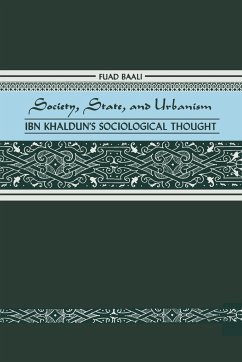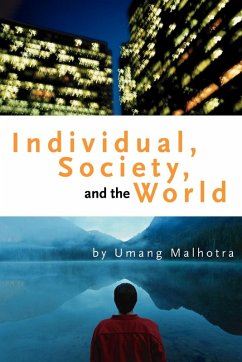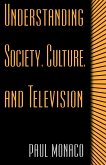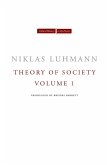This book probes the nature, scope, and methods of 'ilm al- 'umran, the new science of human social organization, as it is developed in Ibn Khaldun's 14th-century masterpiece, the Mugaddimah. It explores his ideas and observations on society, culture, socialization, social control, the state, asabiyah (social solidarity), history as a cyclical movement, urbanization, and the typology of badawa (primitive life) and hadara (civilized life or urbanism). Through a comparative perspective, this study illustrates that Khaldun's ideas about society have conceptually preceded those of Machiavelli, Vico, and Turgot, as well as those of Montesqueau, Comte, Durkheim, Gumplowicz, Spengler, Tonnies, and even Marx. Society, State, and Urbanism demonstrates that Ibn Khaldun's thought is relevant to contemporary sociological theory, and that his very language differs little from that of classical and modern sociologists.
Hinweis: Dieser Artikel kann nur an eine deutsche Lieferadresse ausgeliefert werden.
Hinweis: Dieser Artikel kann nur an eine deutsche Lieferadresse ausgeliefert werden.








